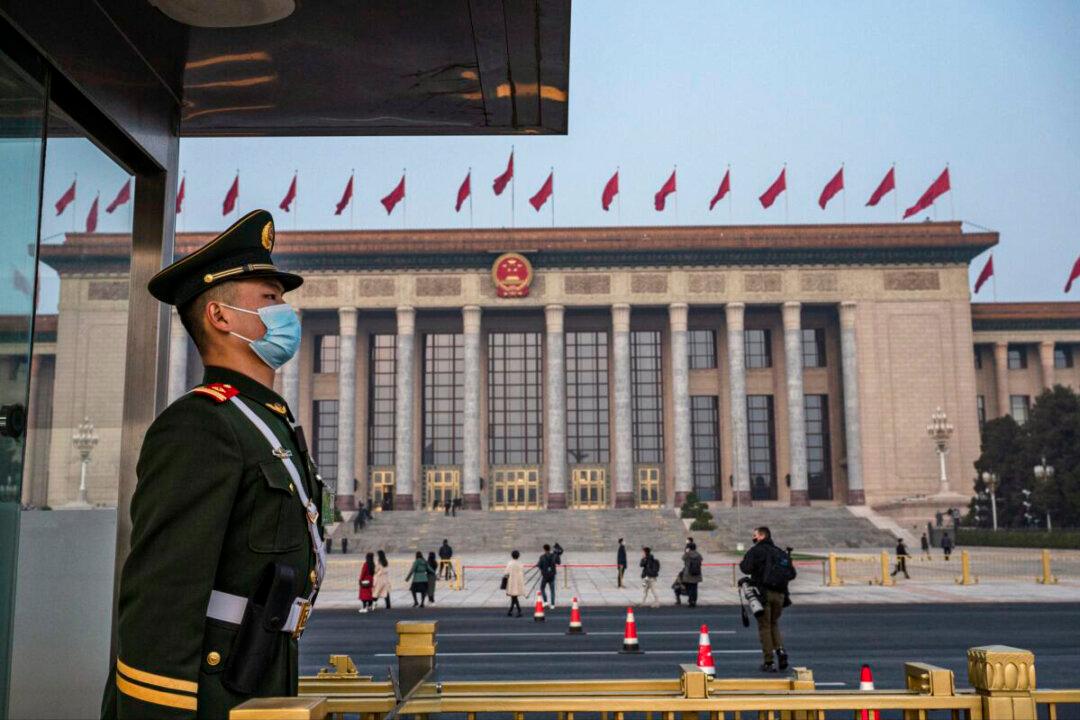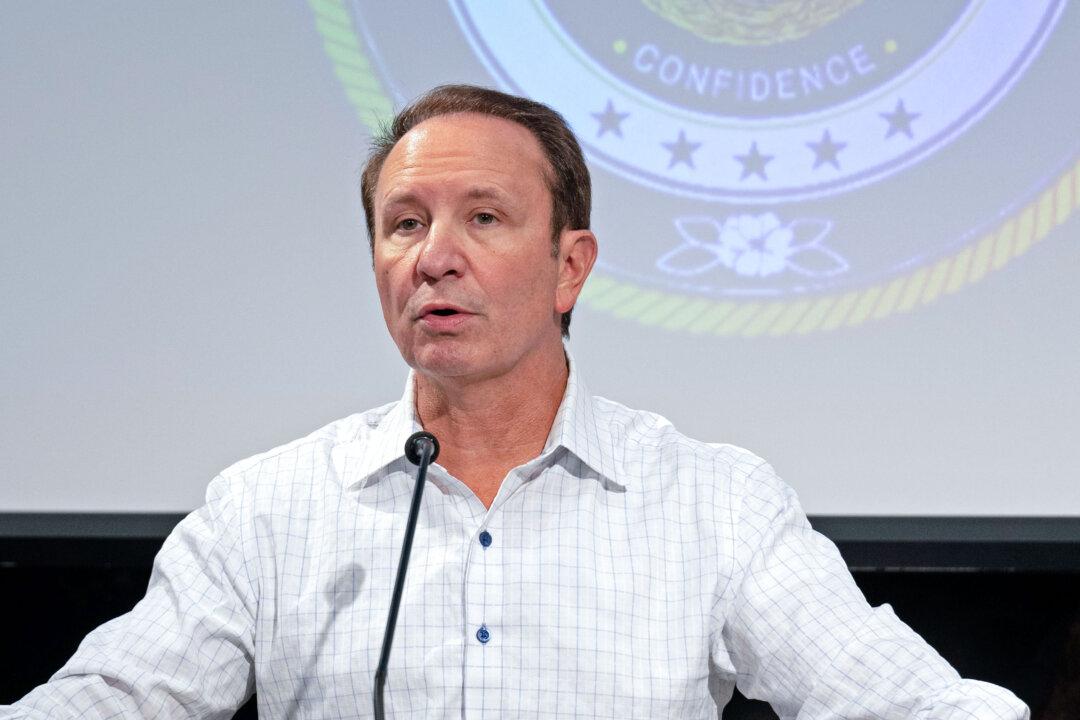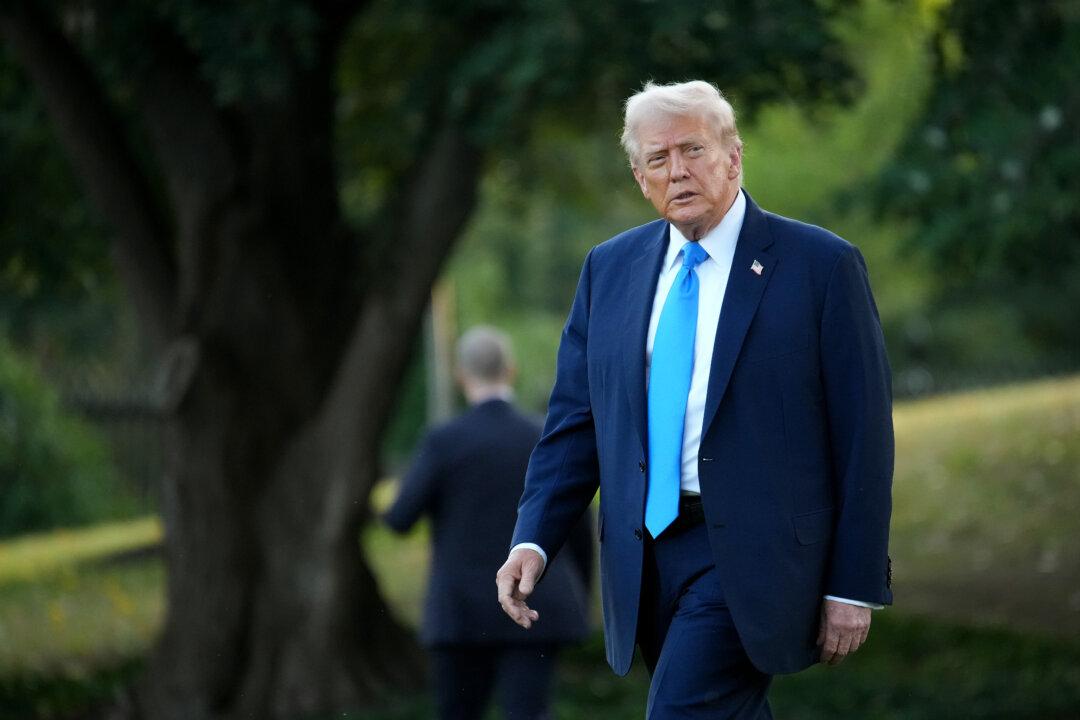Commentary
For geopolitical experts Jim Fanell and Bradley Thayer, President Joe Biden’s April 2 call with Chinese Communist Party (CCP) leader Xi Jinping underscores a recurring error by the United States in the past several decades: the naive over-engagement with a peer competitor sworn to defeat it.





